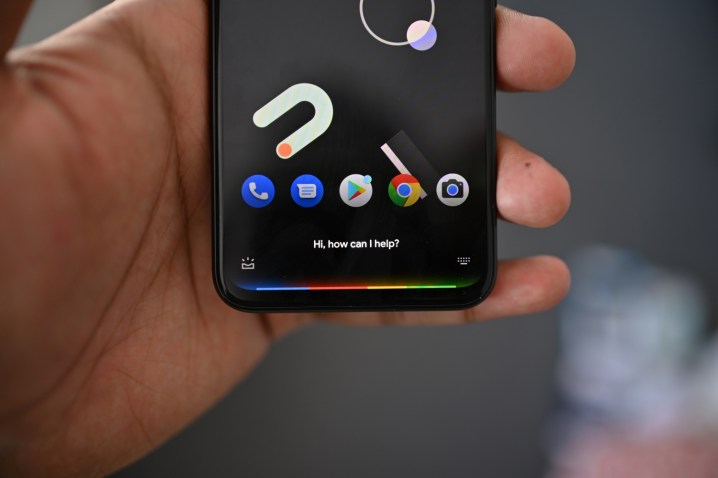The likes of Google Assistant and Alexa have been at the receiving end of privacy-related concerns for a while now, yet they continue to make inroads inside millions of homes. But it appears that they might also have a detrimental impact on the growth of children when it comes to their psycho-social development and acquiring core skills.
According to an analysis by experts from the University of Cambridge’s School of Clinical Medicine, interaction with AI assistants affects children in three ways. Starting at the bottom of the chain is the hindrance posed to learning opportunities.

AI assistants made by Amazon, Apple, and Google continue to improve at a scary pace, and with each passing year, their ability to pull up relevant answers from the web is also gaining momentum. With such ease at their disposal, experts believe that the traditional process of hunting and absorbing knowledge has taken a backseat.
The real issue here is that when children pose a query before an elder person, be it their parents or teachers, they are often asked about the context and reasoning behind their inquiry. Plus, when a person searches for an answer, they develop a critical approach as well as logical reasoning for parsing the right kind of information and the scope of their imagination also widens.
A hellscape of bad information
“Children have poor understanding of how information is retrieved from the internet, where the internet is stored, and the limitations of the internet,” said the report. With such a chain of faith placed on the internet, it becomes a lot easier for young minds to absorb false information.

The cesspool of misinformation plaguing the internet needs no introduction, and platforms continue to struggle to contain it — but AI assistants are making matters worse. A Stanford research project in 2021 found that the likes of Alexa, Google Assistant, and Siri provide a different set of answers and search results related to health queries. Adults can be trusted with making educated decisions in such a scenario, but children are at extremely high risk here.
Alexa can’t teach courtesy
Next in line is stunted social growth. Human-to-human conversations help refine social etiquette and allow children to learn how to behave the right way in the world out there. Chatting with a digital assistant doesn’t offer that privilege.
In a nutshell, AI assistants offer a poor path to learning social interactions, despite advances like natural language processing and Google’s LaMDA innovation. Google Assistant can talk to you naturally, just like another person, but it can’t teach basic manners to children and train them on how to conduct themselves like decent human beings.

For example, there is no incentive for learning polite terms like “please” when talking to a virtual assistant living inside a puck-sized speaker, nor is there any constructive feedback possible. In the pandemic-driven times that we live in, the scope for real human interactions has further shrunk, which poses an even bigger risk to the social development of young minds.
Finally, there is the problem of inappropriate responses. Not all guardians have the digital skills to set strict boundaries around parental software controls. This risks exposing kids to content that is not age-appropriate and could lead them straight to harmful information that could be hazardous. Per a BBC report from 2021, Amazon’s Alexa once put a 10-year-old kid’s life at risk by challenging them to touch a live circuit part with a metallic coin.
Editors' Recommendations
- What is Bixby? How to use Samsung’s AI assistant
- Matter adds support for fridges, air purifiers, robot vacuums, and more with massive 1.2 update
- The future of Matter in 2023
- HomePod Mini vs. Echo Dot: which is better?
- How to sell your parents on a smart assistant



